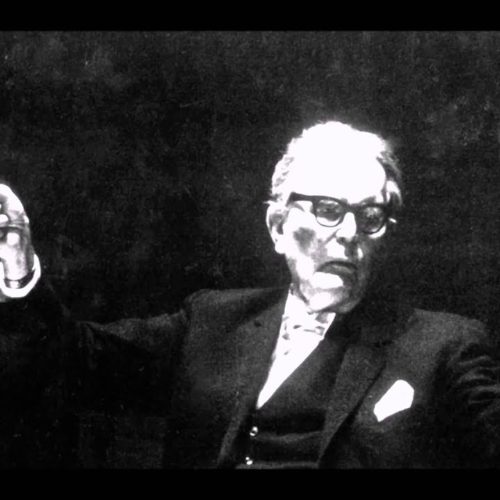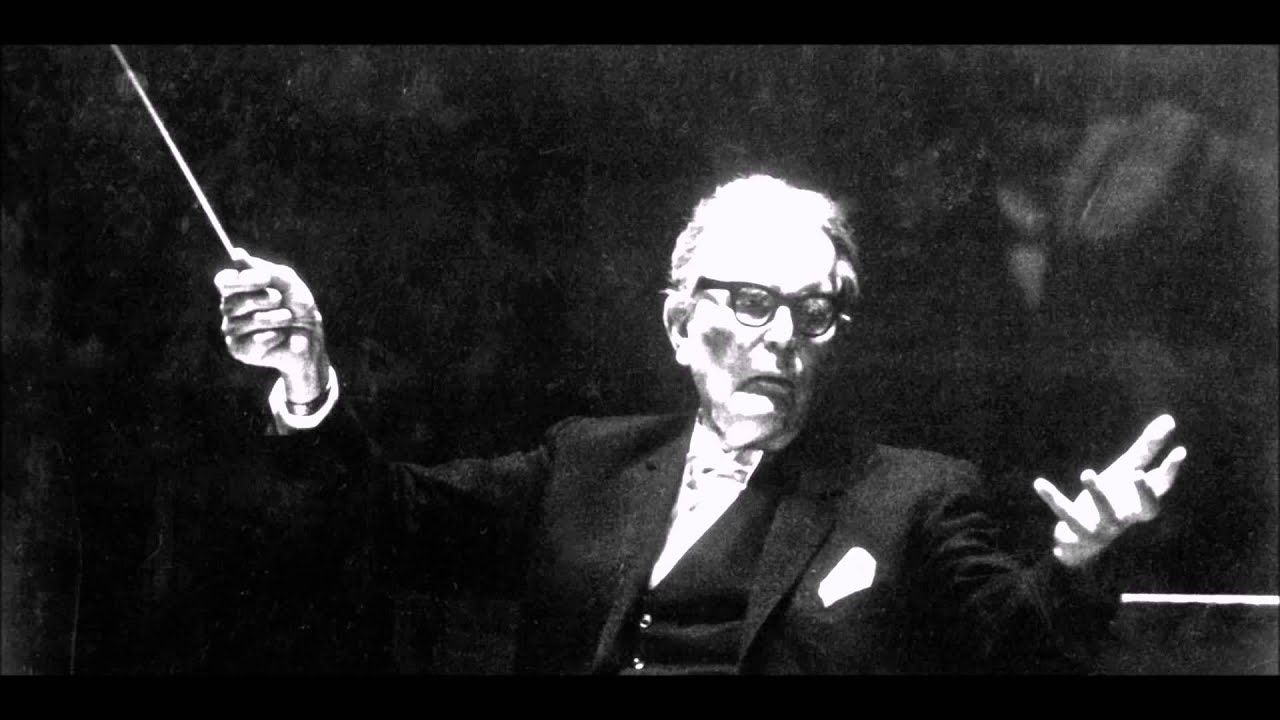Stand by for Fidelio blast
mainThis weekend’s three-part Beethoven survey on Idagio/Slipped Disc will focus on his only opera.
We wull try to make sense of the multiple overtures, the rival editions, the reason why no-one sees a tenor until the second act.
Most telling of all, we ask whether the definitive recording is really as definitive as people think.
Stand by for the first episode in a few hours’ time.
If you can’t get to the opera, curl up with Slipped Disc and Idagio.







I though Jaquino was a tenor in Act 1.
In 1935 Thomas Mann attended Toscanini’s performance of Fidelio in Salzburg & commented how relevant this work was for the times. After all that time, this opera remains just as relevant. Beethoven may not be a natural opera composer like Mozart, and to be honest not every number is as perfect as lets say Marriage of Figaro (for me the most sublime opera ever composed at least for a person who is not into Monteverdi), somehow the overall work transcends all this, and remains a profound experience if performed satisfactorily.
I thought Idagio was in La Forza del Destino.
10 points, Mustafa Kandan, for Thomas Mann at Salzurg.
Jaquino is indeed a tenor, sings in Act I, and is often the best in the cast. His quartet “Mir ist so wunderbar” caused Kirsten Flagstad to call Elisabeth Schwarzkopf’s entry in it as Marzellina the loveliest sound she had heard from a human throat.
Flagstad herelf was a great Leonora, as was Lotte Lehmann. Martha Moedl, Flagstad, and Schwarzkopf are heard in recordings with Furtwaengler, who makes me shudderin the lurid “frisch begraben” descent to Florestan’s dungeon by Rocco and Fidelio with those five-string Vienna basses
Rose Bampton was my first Leonora with Toscanini and the three Berv brothers as NBC’s horns in the great aria, which Schwarzkopf also recorded but wisely never sang on stage, “Abscheulicher, wo eilst du hin?”
Fritz Uhl was easily my worst Floreston, but with Gre Brouwenstijn, who was excellent. Uhl should have sung Third Prisoner, as there are only two.
Furtwaengler is unsurpassd in the third Leonore Overture, althoughHermann Sherchen just edges him out in the second, thanks larrgely to Vienna State Opera’s magnificentdouble- basses.
For a party record there is Furtwaengler’s rehearsal of Leonore 3 with the hapless Stockholm Philharmonic. He stops them at the violins’ cadenza, incredulously: “You there in the back rows, you can’t ust play anything.”
Regarding WF/ Stockholm: a mere 134 views for this rehearsal which has been on YouTube for 5years.
I always roll my eyes when I read or hear someone describe FIDELIO as a profound philosophical statement about the rights of man or the tragedy of unjust suffering or the universal longing for freedom or any deep, important, serious issue. I think people say this because they are thinking of “Ode to Joy”. But I’m quite sure that the libretto of FIDELIO is really no deeper or meaningful than any prison drama like THE COUNT OF MONTE CRISTO or, today, THE SHAWSHANK REDEMPTION or ESCAPE FROM ALCATRAZ or PENITENTIARY.
FIDELIO is the same story as Gluck’s ORFEO AND EURYDICE: a cross-dressing hero (the singer cross-dressing in O&E; the character cross-dressing in FIDELIO) must go on an underground rescue-mission to retrieve his/her spouse, and must control or conceal his/her emotions in order to succeed (Orpheus in order to obey the love-goddess’ condition; Leonore in order to avoid revealing herself too soon). FIDELIO updates the story to a more contemporary situation: a prison yarn, with the spouse a political prisoner in a dungeon rather than a dead person in the Underworld. In Beethoven’s time, O&E was one of the most popular and best-known of all operas. It was as much a standard as RIGOLETTO, DON GIOVANNI, and LA BOHEME are now.
Klemperer. 1961. ROH. Full stop. With Leonora No.3.
I put this Rose Pauly recording of “Abscheulicher” up on YouTube a few years back for a CD project I never issued. I had one of the finest historical sound engineers in the business transfer it, as the very few times it had been previously transferred were either off pitch due to speed issues, or were not properly balanced and cleaned. There is a point where she is too close to the microphone and is over-modulates which could not be completely repaired, but the transfer is as good as it gets. Everyone talks about Flagstad, Lehmann, Modl etc. But for my money, this is the greatest recording of the aria ever made. Beethoven as exceptional as he was, was a cruel man to singers. The aria in my mind is the equivalent of the Rachmaninov 3rd piano concerto for sopranos with the constant change of tempi, dynamics, tessitura and sheer vocal gymnastics. Anyhow, as we are on the topic of Fidelio, I thought I would share.
https://www.youtube.com/watch?v=_9ruhQgbFFo
Extremely interesting and captivating singing by Rose Pauly, Bill Ecker. I knew of her but not this recording or her Leonora. Many thanks. Is the Berlin 1927 conductor known?
Frieder Weissmann and the Staatskapelle Berlin.